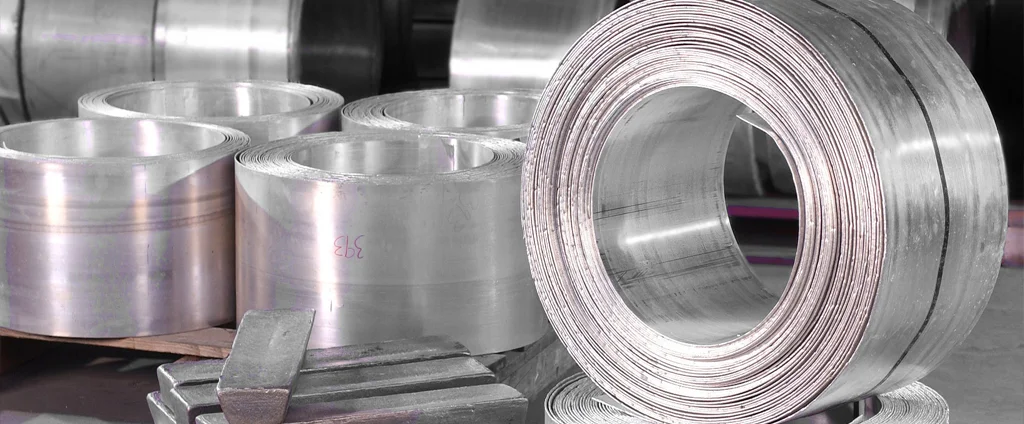Magnesium ZC71-T6 (UNS M16710)

Magnesium ZC71-T6 is a high-performance magnesium alloy valued for its exceptional strength-to-weight ratio, corrosion resistance, and fatigue durability. Commonly used in aerospace and automotive industries, it supports structural efficiency and performance in demanding applications while maintaining a low density for weight-sensitive designs.
| Chemical Composition | ||
|---|---|---|
| Element | Min | Max |
| Magnesium | 90.0% | 92.5% |
| Copper | 1.0% | 1.5% |
| Manganese | 0.5% | 1.0% |
| Nickel | —— | 0.01% |
| Silicon | —— | 0.2% |
| Zinc | 6.0% | 7.0% |
| Residuals | —— | 0.3% |
The following table provides a list of magnesium ZC71-T6 properties in both SI and US customary/Imperial units.
Click on the button to switch between Metric and Imperial units.
| Physical Properties | Metric |
|---|---|
| Density | 1830 kg/m3 |
| Mechanical Properties | Metric |
| Tensile Strength (Ultimate) | 360 MPa |
| Tensile Strength (Yield) | 340 MPa |
| Young’s Modulus (E) | 44.2 GPa |
| Shear Modulus (G) | 17 GPa |
| Elongation at Break in 50 mm | 6% |
| Poisson’s Ratio (ν) | 0.30 |
| Thermal Properties | Metric |
| Melting Point | 455 - 635 °C |
| Solidus | 455 °C |
| Liquidus | 635 °C |
| Thermal Conductivity | 122 W/m·K |
| Specific Heat Capacity (Cp) Typical value for Mg alloys | 1.00 J/g·°C |
| Electrical Properties | Metric |
| Electrical Resistivity | 5.40×10-6 Ω·cm |
The values in this table are approximate and can vary depending on various factors such as the specific manufacturing process and heat treatment applied to the alloy.
Advantages & Disadvantages of Magnesium ZC71-T6
| Advantages | Disadvantages |
|---|---|
| Low density, one of the lightest structural metals | High reactivity and susceptibility to corrosion |
| Excellent strength-to-weight ratio | Limited temperature resistance (low melting point) |
| Good mechanical properties, including high strength | Limited availability and higher cost compared to other metals |
| Good damping capacity, reducing vibration and noise | Prone to stress corrosion cracking |
| Good machinability, allowing for complex shapes and designs | Requires specialized equipment and expertise for processing |
| Good electromagnetic shielding capabilities | Limited welding options compared to other metals |
| Recyclable and environmentally friendly | Prone to galvanic corrosion when in contact with certain metals |
Applications of Magnesium ZC71-T6
Due to its superior strength, lightweight nature, and corrosion resistance, ZC71-T6 is widely used across multiple industries, including:
- Aerospace Industry: Utilized in aircraft components such as structural parts, engine casings, and landing gear to reduce weight and improve fuel efficiency.
- Automotive Industry: Employed in engine blocks, transmission cases, and steering columns to lower vehicle weight and enhance fuel economy.
- Electronics: Suitable for laptop frames, tablet casings, and electronic enclosures requiring electromagnetic shielding and lightweight structure.
- Sporting Goods: Used in bicycle frames, tennis rackets, golf club heads, and other gear where strength, durability, and reduced weight are essential.
- Medical Devices: Considered for implants, surgical instruments, and lightweight medical equipment due to its biocompatibility and mechanical properties.
- Consumer Electronics: Applied in laptop frames, camera bodies, and casings to deliver structural integrity with a lightweight form factor.
